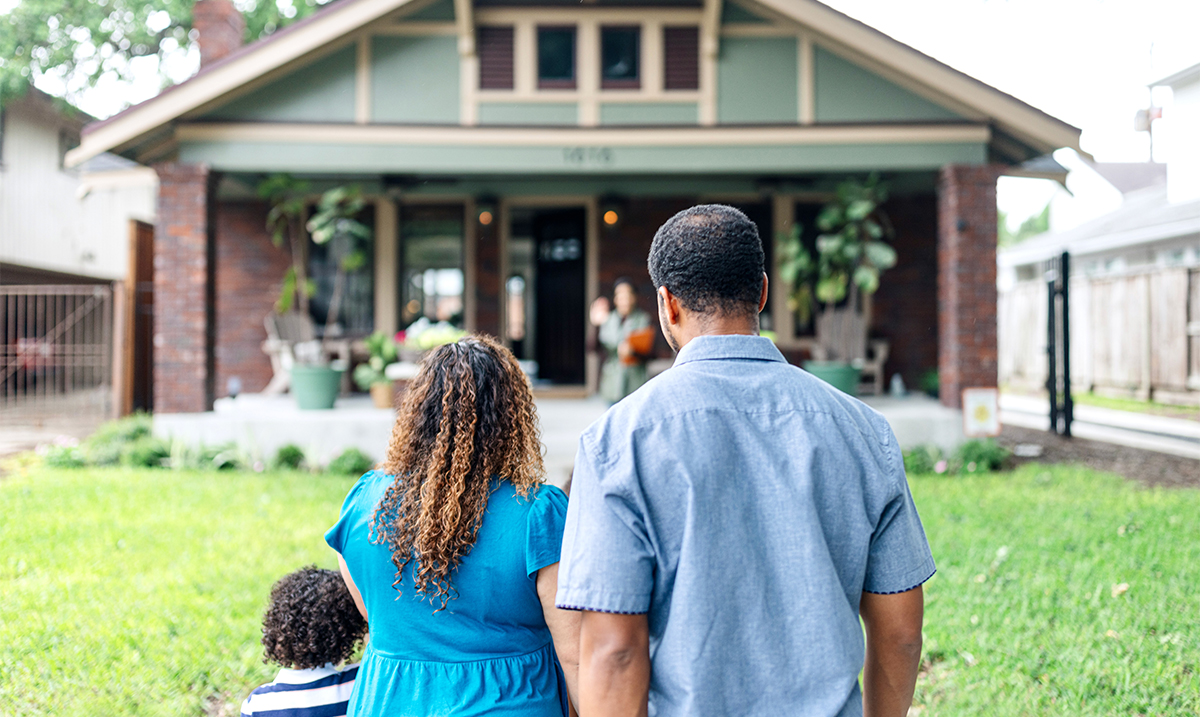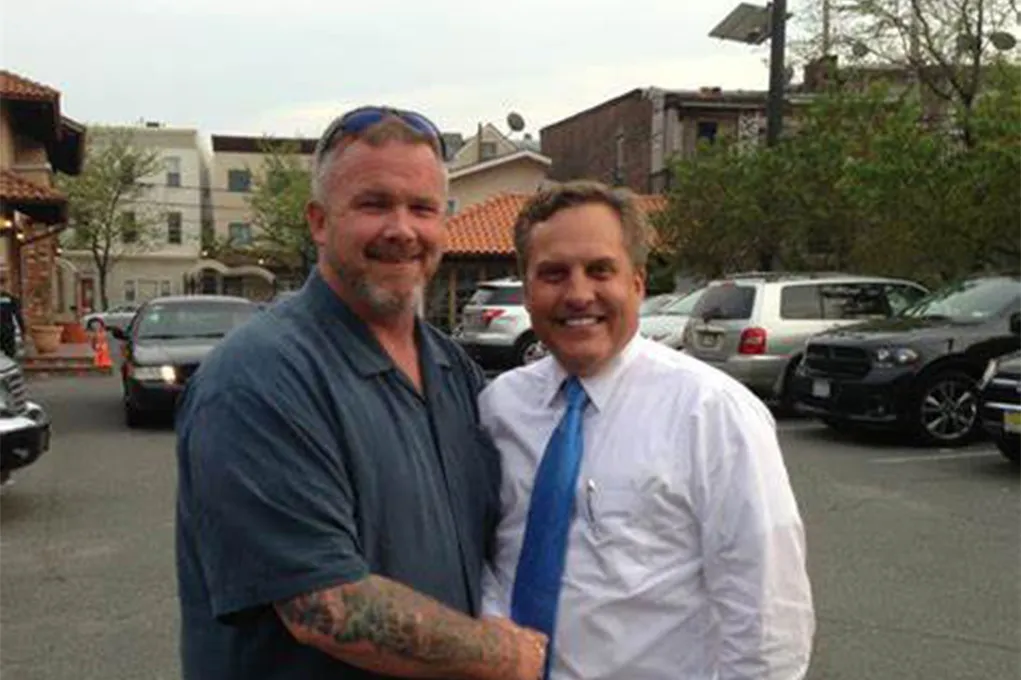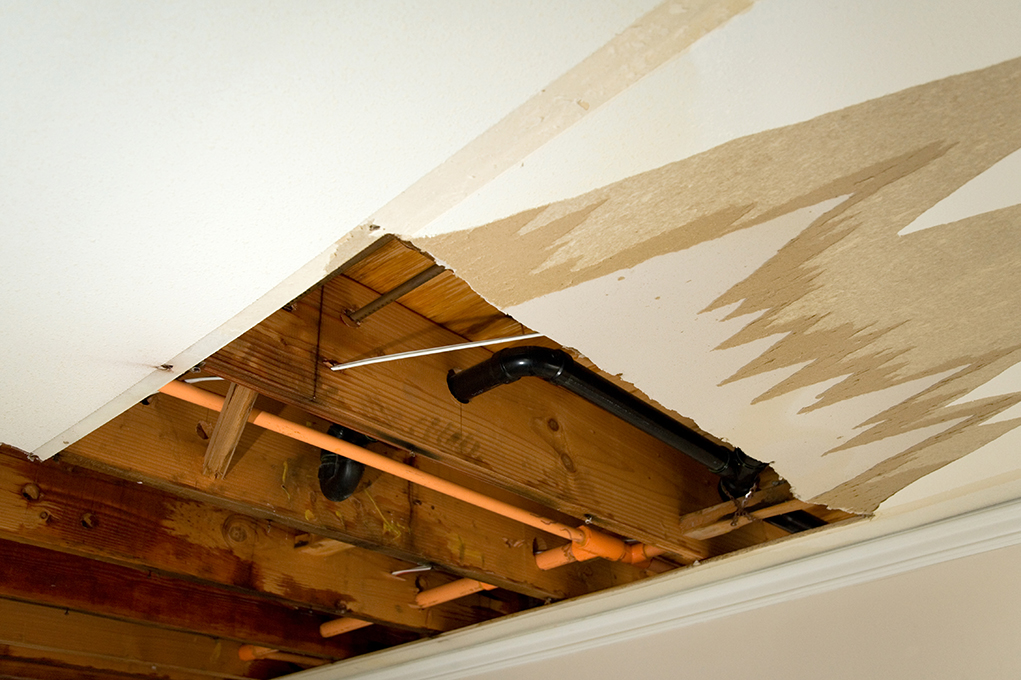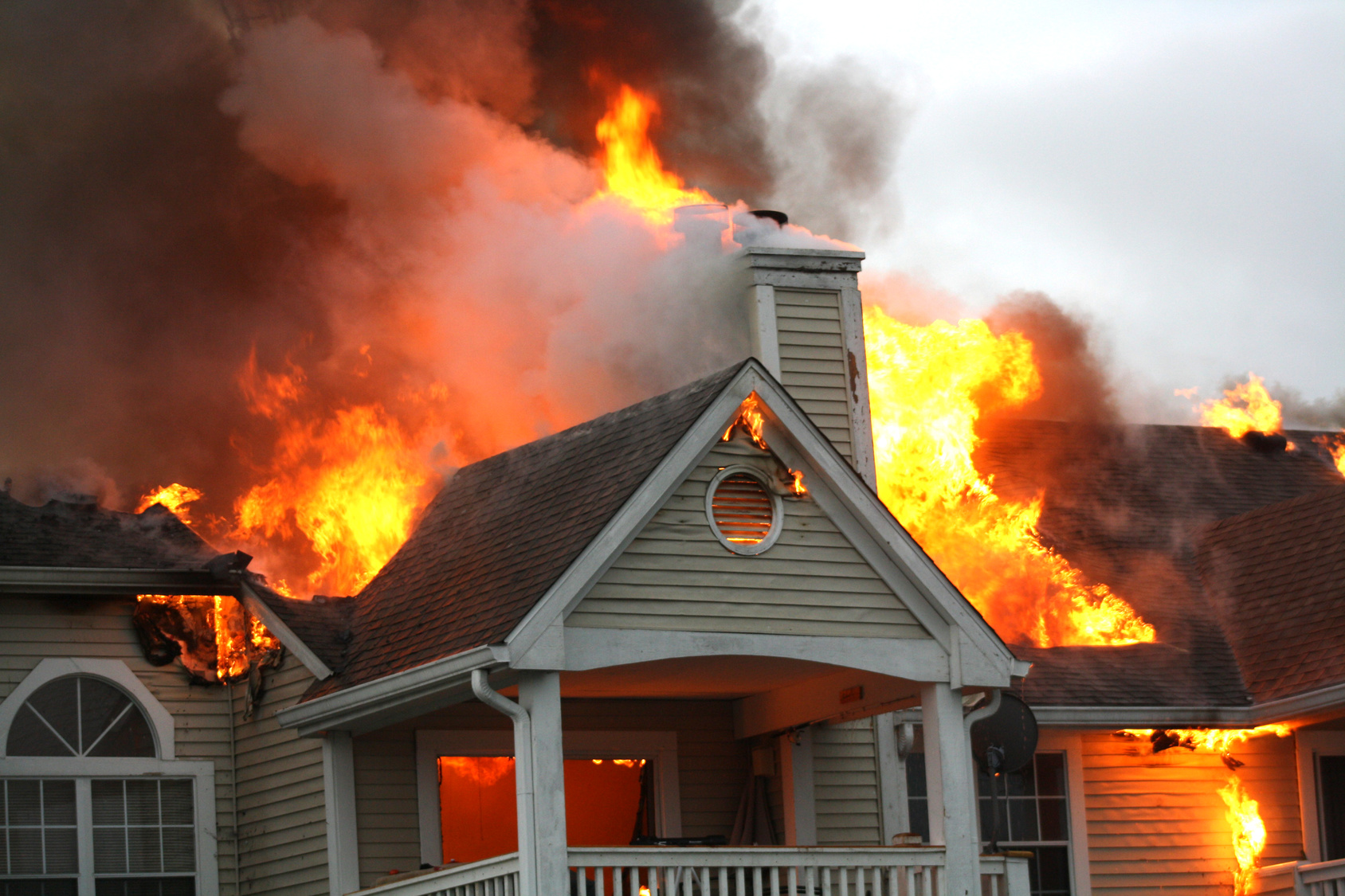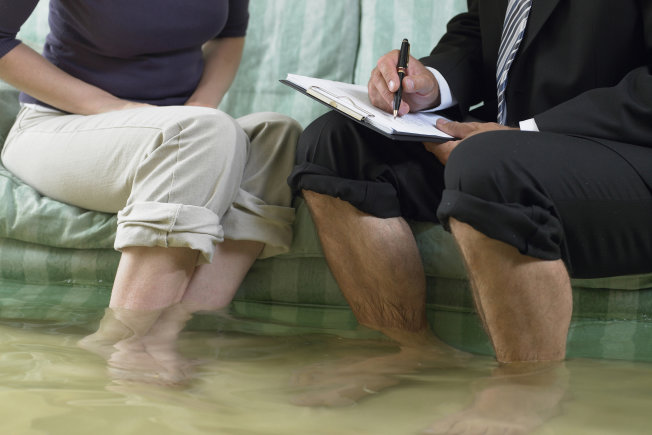
The TV commercials make it look so easy: You experience a disaster and, like magic, your insurance company swoops in and solves all your problems.
Unfortunately, say consumer advocates, it rarely works that way in real life. Instead, if a disaster such as a fire, hurricane, earthquake or hailstorm damages your home, it’s important to advocate for yourself even if you have a public adjuster.
“A lot of people are so raw and so vulnerable they think the insurance company adjuster is going to be their savior and make everything right,”
says Amy Bach, co-founder and executive director of United Policyholders, a nonprofit organization that provides information and advocacy for consumers, including a post-disaster resource called Roadmap to Recovery.
“Their relationship with the adjuster is not what you see on TV. They may be friendly, but they’re not your friends. It’s a business relationship.”
Since disasters also bring out scammers seeking to take advantage of both homeowners and insurance companies, companies now seek more documentation from homeowners who make insurance claims.
“People take advantage,” says Loretta Worters, vice president of the Insurance Information Institute, a nonprofit sponsored by the insurance industry. “Companies are trying very hard to keep costs down and be more vigilant with these types of crooks.”
Bach advises homeowners to be “politely assertive.” Homeowners also should know well in advance of a disaster what their insurance policy does and doesn’t cover, and they should keep scrupulous records of conversations with their agent, their policies and what was damaged.
“To some extent, you’re going to have to document your own losses,” Bach says. “Be the squeaky wheel, but be nice about it.”
It’s smart to review your insurance policy at least once a year to make sure it’s up to date and the coverage is adequate. Regular homeowners insurance doesn’t cover floods, hurricanes or earthquakes, so if you live in an area subject to those risks, you may need additional policies. Ask your agent if he or she recommends additional endorsements.
“Underinsurance is a huge, chronic problem,”
Bach says, especially when homes are destroyed.
If you’re not satisfied with your insurance company’s initial offer, you can appeal, first going up the chain of command at the company. Insurance is regulated by the states, so consumers in some states may have more rights and assistance from state agencies than homeowners in others.
Another option is to hire a public adjuster, who will deal with the insurance company on your behalf for a percentage of the claim, usually about 10 percent. Chris Aldrich, an adjuster with Andrew K. Knox & Co. in Toms River, New Jersey, advises hiring a public adjuster before making a claim, while Bach says it might be wise to wait to see if the insurance company is going to pay enough first. “The success rate is much higher the sooner you hire a public adjuster,” Aldrich says.
While the adjuster sent by the insurance company works for the company, a public adjuster works for you, so he or she will analyze your policy, make your claim and sometimes even help you secure your home, such as covering broken windows or holes in the roof, or find temporary housing.
“We don’t want the people to be taken advantage of by the insurance companies,” Aldrich says. “Your loss at your own home or business is personal. Insurance companies look at this as a business.”
Here are nine ways to get the best results from your insurance claim after a disaster:
Know what your policy covers. “Every insurance policy is different in regards to coverage,” Aldrich says. Deductibles may not be the same for all types of claims. Does your policy pay for the actual cash value of your home and contents, or do you have replacement cost coverage, which pays the cost of buying new stuff or rebuilding your house, with some limitations? You may need to add what’s called ordinance or law coverage to pay for upgrades that are required by building codes. “It’s well worth paying for,” Bach says. “Most of the time if you have substantial damage, there are going to be upgrades that you’ll need to make.”
Document your loss. That could mean providing photos or video showing the damaged items or producing a copy of a household inventory or receipts. “What a lot of people don’t understand is that the burden of proof is on you, as the insured,” Aldrich says. “You have to produce a document, produce an estimate.”
Protect your home from further damage. If your roof is blown off or your windows are broken, the insurance company expects you to secure those openings before more damage occurs, which may not be covered. “Some companies may look at it as negligence if you don’t take precautions,” Worters says.
Negotiate if you don’t like the initial offer. Get estimates from multiple contractors and send them to the insurance company with your request for reconsideration. “Insurance companies are relying too heavily on computer programs to estimate repair costs,” Bach says. “You can expect that there will be a gap between the amount the insurance company says it will cost to make repairs and the estimates you get from local contractors.”
Know that the money won’t necessarily go to you. Most insurance checks are written to the company holding your mortgage, which then has to send the money to you.
Hire licensed contractors. Get at least three estimates, and check references, licenses and insurance. Never hire a contractor who says he was simply “in the neighborhood.” After a disaster, reputable contractors don’t need to solicit business, and those who go door to door are often unlicensed at best and scammers at worst.
Vet the contractors recommended by your insurance company. In some cases, insurance companies have a list of contractors who have agreed to do the work for what the company will pay. Ask about warranties, references, licenses and insurance. “Sometimes these people that they bring in are good and sometimes they’re not,” Bach says. If you don’t like those contractors, you can choose your own.
Consider hiring a public adjuster. If you’d rather let someone else handle your claim, or if you feel the amount offered is inadequate, a public adjuster may be able to help. Before you hire a public adjuster, ask for references and check the adjuster out as you would any other contractor. The National Association of Public Insurance Adjusters is a good place to start. “It’s very hard for the average consumer to self-advocate in these situations,” Bach says. “It can be challenging to take on an insurance company because they’ve got armies of lawyers on their payrolls.”
Beware of scams. Disasters bring scam artists and charlatans out of the woodwork. Be wary of out-of-town roofing companies and contractors who are simply stopping by to solicit your business. Remember that good contractors don’t need to solicit business after a disaster.

